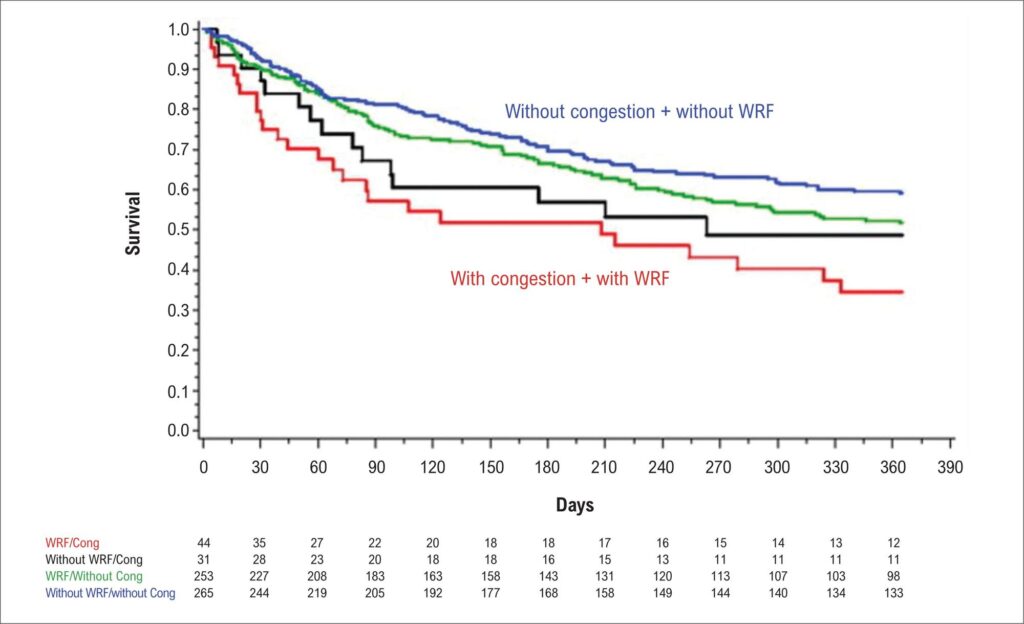ABC Heart Fail Cardiomyop 2022; 2(2): 173-181
Treatment Strategies for Refractory Congestion
Abstract
Worsening congestion is the main reason for hospitalization of most acute heart failure (AHF) patients. However, most patients are discharged with residual congestion, resulting in early readmissions that portend poor outcomes. Diuretics remain the mainstay of therapy. Nevertheless, these drugs stimulate the renin-angiotensin–aldosterone (RAA) axis and the sympathetic system and elicit adaptive responses in the nephron that may be counterproductive and lead to diuretic resistance. Renal failure and AHF are common and coexist in up to 40% of cases. Diuretic strategies that rely on combinations of diuretics are emphasized as a method to prevent resistance. If diuretic resistance does develop, higher-dose combination regimens, hypertonic saline solution, and mechanical ultrafiltration can be used to overcome diuretic adaptations and restore diuretic efficacy.
Keywords: Diuretics; Heart Failure; Ultrafiltration
1,315


